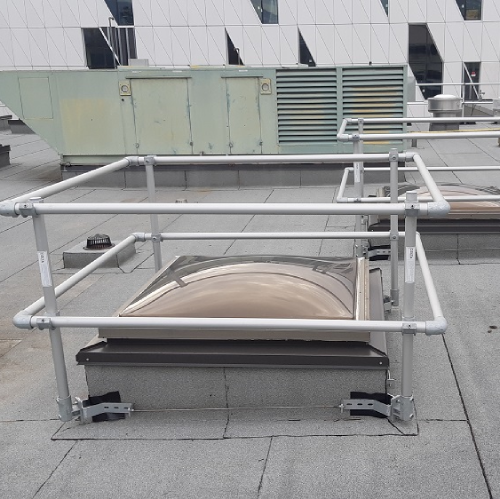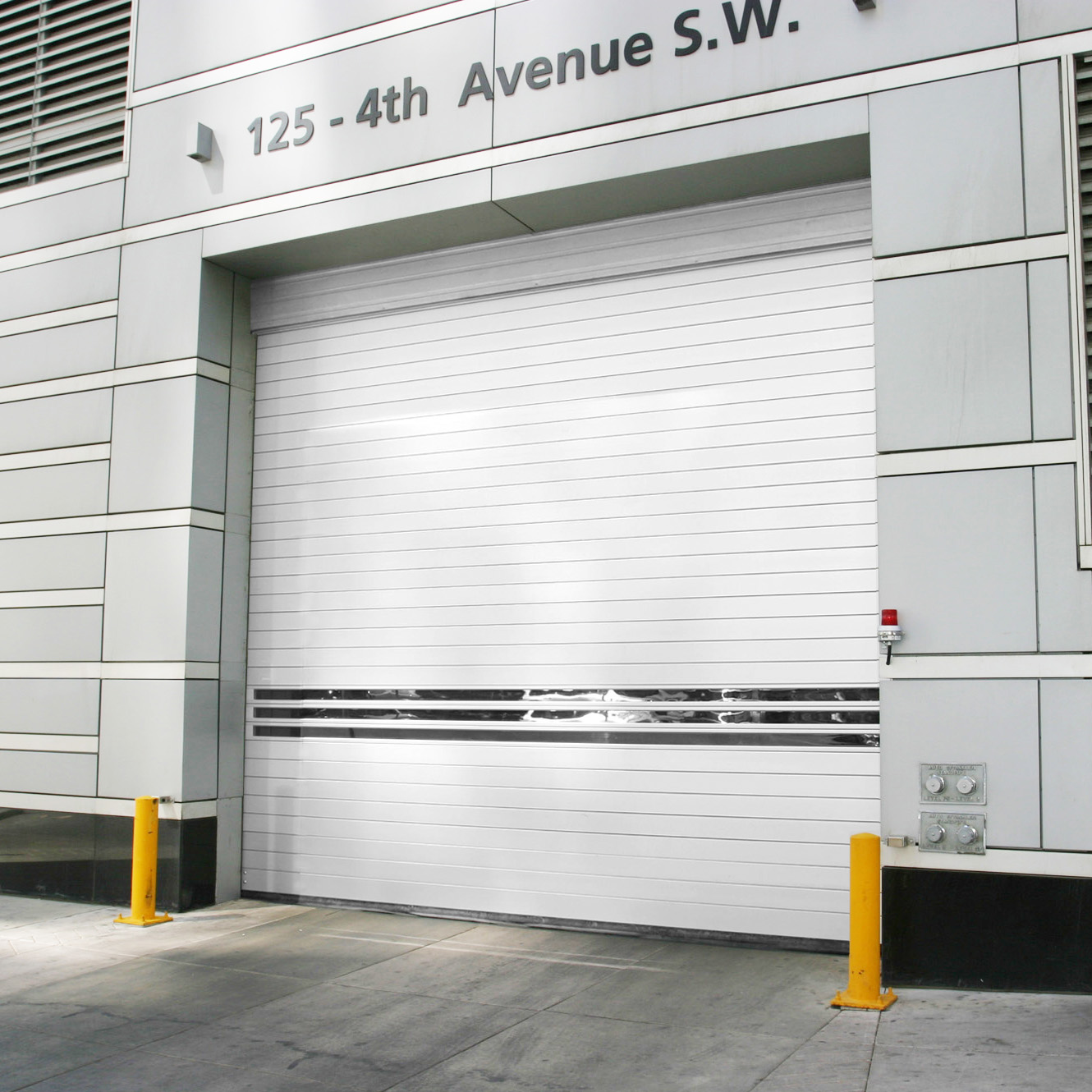Building the proper invoice
4. Set out terms and conditions on the back of your invoice.
In law, there is a principle called “battle of the forms,” which essentially asserts the form delivered last (with some exceptions) forms the basis of a contract. With this in mind, the invoice should set out:
- the terms under which the payment is being made;
- limitations of liability and warranty;
- restrictions in product return; and
- time and deadline for complaints, back charges, and choice of law.
5. Describe what you are invoicing for.
Generic or non-descriptive invoices are hard to support in court. To ensure expedient payment, it is important to be as descriptive as possible on the invoice, detailing what materials were delivered, the date of delivery (for lien calculation), and linear/quantity costs, as well as any additional charges, such as services charges, stocking fees, and labour charges. If a dispute arises, a detailed invoice also helps ensure those items for which there is no dispute can quickly be settled.
6. Clearly define when you expect the invoice to be paid.
Some invoices are due on demand, whereas others are due net 30 days. In any event, the invoice should be due well in advance of any lien expiry dates. This way, in the event of non-payment, justification for registering a Claim for Lien is supported. (The current lien period is 45 days.)
7. Deliver your invoices on a timely basis.
Although some contracts only provide for invoicing on a milestone basis, I still recommend delivering your invoices at least 15 or 30 days in advance of the expiry of any lien period. In doing so, you will be conveying to the payor your view of what should be paid and establishing the details for payment. Timely rendering of invoices means timely payment.
8. Establish an appropriate interest rate on your invoice.
Overdue payments are subject to interest, so it is important to establish your interest rate in your invoice. It is quite common to see invoices with rates of two per cent per month or more. If you fail to set a rate, it will default to five per cent per annum in keeping with the Canada Interest Act. The courts are willing to freely allow parties to contract and award interest.
Conclusion
In addition to the points in this article, it is important to ensure you use lawyers as resources whenever necessary. Engage them to draft proper invoices, or to review your invoices to make certain they are up to date and in compliance with what the courts will soon be determining is a “proper invoice.” This way, it is possible to take full advantage of the proposed changes to the Construction Lien Act.
 Neil S. Abbott is a partner and leader in Gowling WLG Construction and Engineering Practice Group. He is based in Toronto, but has argued cases in six provinces and territories. He is a Certified Specialist in Construction Law by the Law Society of Upper Canada (LSUC), and is ranked in both Lexpert and Best Lawyers in Canada for Construction Law.
Neil S. Abbott is a partner and leader in Gowling WLG Construction and Engineering Practice Group. He is based in Toronto, but has argued cases in six provinces and territories. He is a Certified Specialist in Construction Law by the Law Society of Upper Canada (LSUC), and is ranked in both Lexpert and Best Lawyers in Canada for Construction Law.







